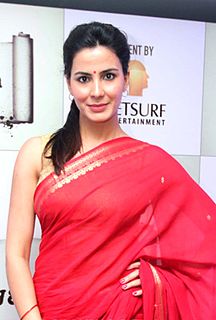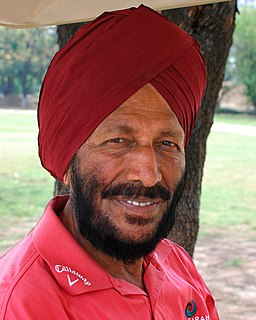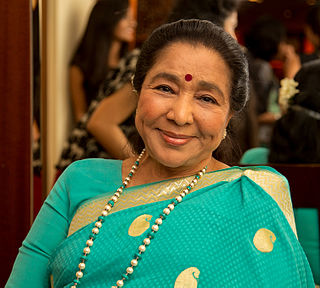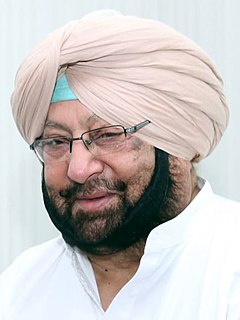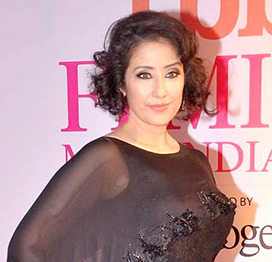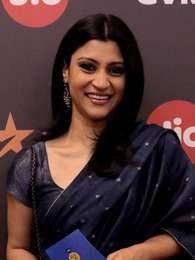A Quote by Bob Hawke
I had no time for Indira Gandhi. She was too much in the Russian camp for my liking.
Related Quotes
Indira Gandhi had been this very powerful, dominating, ambiguous mother figure. Ambiguous because she was tyrannical, she had imposed...she had suspended Indian democracy for a few years but she also was the woman who had defeated Pakistan in war at a time when most male politicians in India had secretly feared fighting that war, so that here in India even today Indira Gandhi is called by Indian nationalists the only man ever to have governed India.
I met Indira Gandhi in her office in the government palace. The same office that had been her father's - large, cold and plain. She was sitting, small and slender, behind a bare desk. When I entered, she got up and came forward to give me her hand, then sat down again and cut the preliminaries short by fixing me with a gaze that meant: Go ahead with the first question, don't waste time, I really have no time to waste.
[Indira Gandhi] looked tired that day, and all of a sudden I exclaimed, 'Deep down I don't envy you, and I shouldn't like to be in your place.' And she said, 'The problem is not in the problems I have, it's in the idiots around me. Democracy, you know...' I now wonder what she meant by that unfinished phrase.


